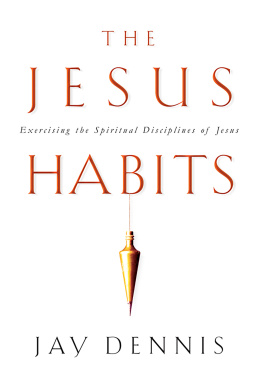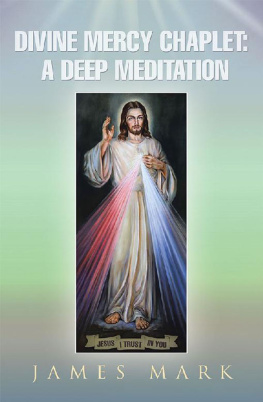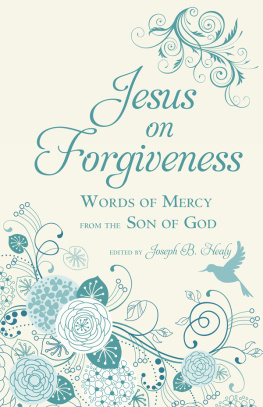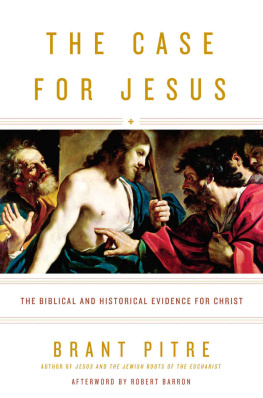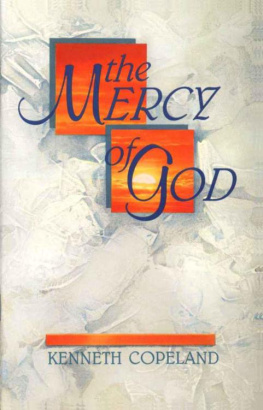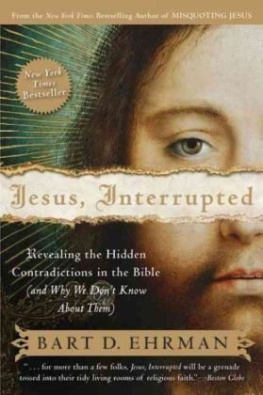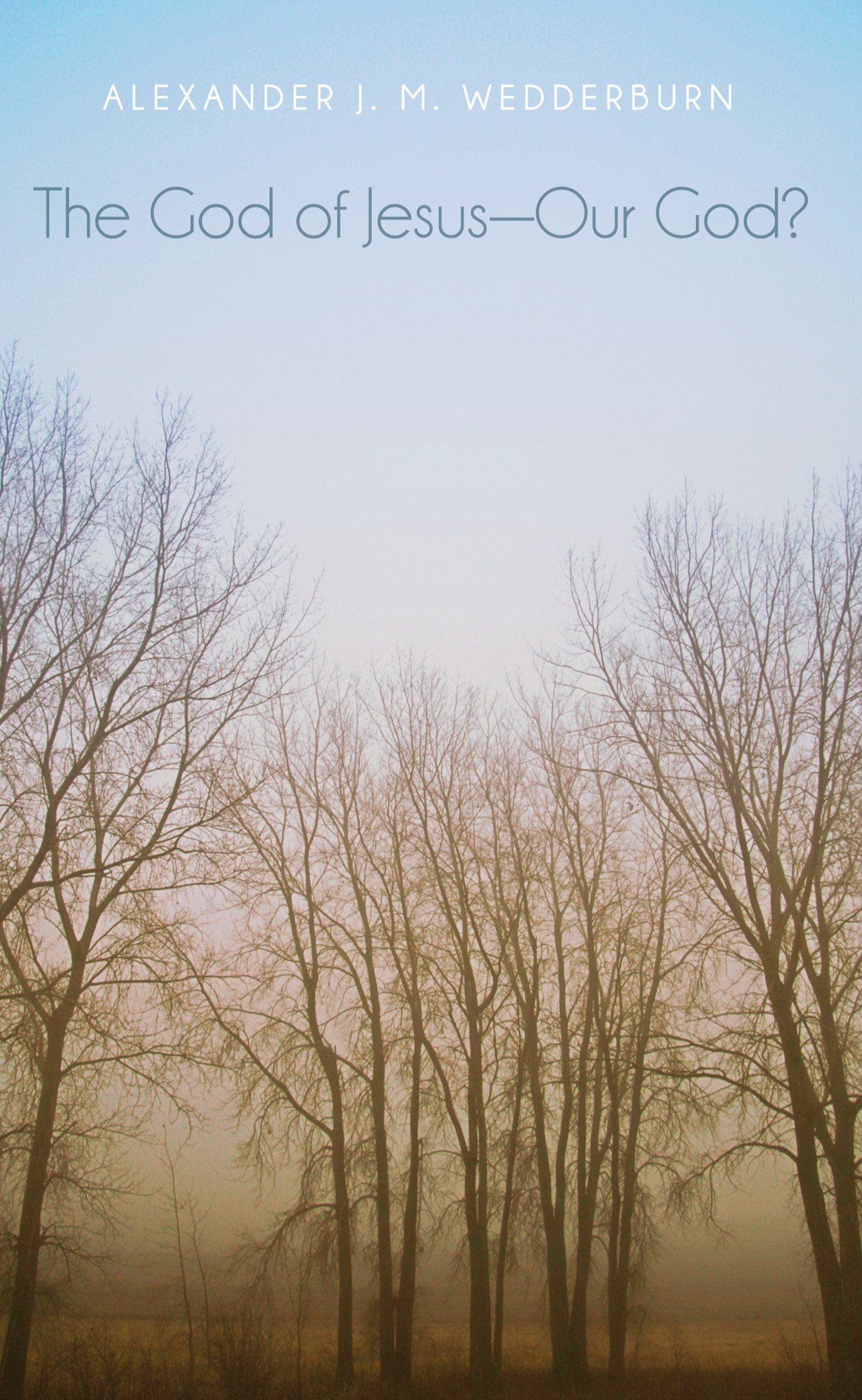The God of Jesus Our God?
Alexander J. M. Wedderburn

one
The God of Jesus
P osing questions is no failing, especially in the context of a critical search for the truth, where critical questioning is an integral and essential part of this search. Yet some readers will perhaps think that the title of this work contains one question too many. For many hold that the God of Jesus is our God and our God is the God of Jesus. Nor need this is be only that which we use when we set side by side the photographs of a baby and of a person in their nineties and affirm that the one is the same person as the other, however much the outward differences may seem to outnumber the similarities. Many would claim that their God looks (just) like the God of Jesus, so to speak, and allow what Jesus reportedly said about God and the view of God implicit in what he said to determine their view of God.
Jesus in the Jewish World of His Time
Yet it must be remembered that Jesus was a man of his times and shared at least many of the views of his Jewish contemporaries, including many of those about God and the divine nature. If, however, those views were not fully uniform, then Jesus would have had at least to opt for the one or the other, and we see signs of this in the brief comments of Jesus attributed to him in Luke :: over against the implicit view that those that suffered a violent end were particularly sinful in Gods eyes, Jesus takes the cases of those who had been cut down at the orders of the Roman governor Pilate and those crushed by the collapse of a tower. They were no more sinful than others. The corresponding positive version of this view of God is found in Matthew : when Jesus assures his hearers that God grants the blessing of sunlight to wicked and good alike and that of rain to the righteous and the unrighteous. Implicitly Jesus shares here Judaisms view of a creator God who sustains and cares for this world, a conviction that comes to expression in a number of passages in Jesus teaching (e.g., Matt :/Luke :). Yet the version of this belief that Jesus here propounds is one in which the creator God is a creator who does not discriminate between the righteous and the unrighteous in the distribution of the blessings of creation, and this presumably implies that the distribution of the woes of creation and of life in it alluded to in Luke is equally even-handed, as that text in fact presupposes. This view of the impartiality of the creator God has to be set over against the view that it is the righteous whom God allows to prosper, while it is the evil and wicked who suffer.
Again, while Jesus shared with his Jewish contemporaries the conviction that God would in the future judge the world, as we shall see, there were various ways in which this belief was formulated. The judgment could take place in this world or seem to take place there, or could be seen as happening somewhere else. It could correspondingly lead to a divine kingdom in this world, which may well be the implication when Jesus sees Gods kingly rule already bursting into this world in Jesus earthly ministry, or it could lead to a new heaven and a new earthif in fact the latter were in the last analysis to be distinguished from a re newed form of the heaven and the earth that we now have. For sometimes the re newal, if that is what is meant, is such that what is described could just as well be described as new.
So we are told that some Sadduceesmembers of a Jewish religious group who, unlike many of their Jewish contemporaries, dispensed with belief in the resurrection of the deadchallenge Jesus with the question of a woman who, according to Jewish custom, after the death of her husband, was married, one after the other, to each of his six brothers: whose wife, they ask, would she be in the life that was allegedly to come? Jesus rebukes their lack of knowledge of the Scriptures and states that in the resurrected life one neither marries nor is given in marriage, but is like the angels in heaven (Matt :). Whether this is renewal or new, it is clear that, if it is meant to refer to a renewed earthly life, it breaks down conventional distinctions between heaven and earth. It is to be presumed that Jesus may have held some version of such an expectation, although it is by no means clear what, particularly if his followers may sometimes have superimposed their own view or views of the end on the tradition of Jesus sayings. If Jesus indeed rejected the resurrection-less theology of the Sadducees, it is uncertain what view of the resurrection he held; at any rate, his followers, once convinced of his resurrection, gave different forms to this conviction, ranging from the mostly very this-worldly appearances in the first three gospels to the stress on the other-worldly in Pauls theology or the visionary experiences in Acts accounts of Pauls conversion. It is, however, surprising when Luke has Jesus promise one of the criminals crucified with him that he would be with him that day in paradise (Luke :), presumably, that is, in an other-worldly place that already existed distinct from this world; for the resurrection of the righteous or of all was usually expected to lie in the future, realized in an act of cosmic and universal dimensions, whether it took place on a renewed earth or in some transcendent realm. What would have been novel would have been the claim of Jesus followers after his death that this final act, in whatever form was meant, had already taken place in the case of Jesus. Yet Jesus announcement of the arrival of Gods rule in this world at any rate suggests that his own inclinations lay in that direction, a renewal of this world, in contrast, say, to Paul who seems in Corinthians : and Thessalonians : to expect an other-worldly consummation. It is also to be assumed that Jesus expectations had enough points of contact with those of sufficient numbers of first-century Palestinian Jews to make his message both intelligible and challenging for them, even if many today find such views either contradictory or incredible.
On the other hand, if Jesus and his message were to be intelligible to his audience, he must also have shared many of their other views and assumptions about God, and certainly many of the views concerning God and the ways of God attributed to Jesus seem to correspond to those current in the Jewish thought-world of his day. It was, after all, the God of their fathers whose message he claimed to bring. Some of these views, however, are in many cases not ones that some Christians today would find attractive or acceptable. Jesus seems, for instance, to have shared the expectation of a final judgment in which God would condemn the wicked, presumably for ever, to a fate of torment, in which there would be weeping and gnashing of teeth (Matt :; :, etc.). It is true that this threat is more restrained, less lurid and vivid in its detail than the depictions of the fate of the wicked that we find in Jewish and early Christian texts that have not found their way into the canons of the Hebrew Bible and the Christian New Testament (not to mention the scenes of the last judgment painted in medieval art), yet its threat is nonetheless clearly recognizable. It is true that many Christians are still prepared to accept that their God is indeed like that and deals with humanity in this way. I recall how a conservative Old Testament scholar justified capital punishment on the grounds of his belief in a retributive God, and I am uncomfortably aware that parts of the New Testament would equally well support this belief. Nonetheless I could not and cannot believe in such a God, for the sake of consistency and integrity, although I am aware that many will say that I will all too soon discover my mistake and that the misgivings of my conscience were misplaced. It is true that, when Paul asserts that in Christ all will be made alive ( Cor :), he seems to give a different impression of a God who saves all, at least if the all made alive in Christ corresponds to the all who die in Adam, although the apostles seeming universalism may be misleading here. For, while on the one hand he affirms that nothing can separate us from Gods love in Christ (Rom :), this us may be restricted to Christian believers; there is otherwise a seemingly unbearable tension between this passage and the predestinarian ideas found in Romans and , where God elects some to life, but others to condemnation. Other passages in his letters seem to imply a future judgment on some, not just the fiery purging of the deficiencies of some Christian workers mentioned in Corinthians :, but something more permanent: for in Romans : and , there is reference to a day of Gods wrath and just judgment, when affliction will come upon the wicked, and of those who have sinned it is simply said that they will perish (:; cf. also those destined to perish in :).


